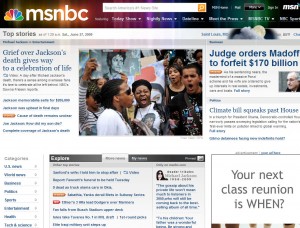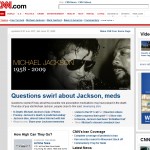FDA: Cheerios is claiming to be a drug
This news is astounding: The FDA, which for many years has worked hard to serve as a lapdog for its industry masters (not the taxpayers), has recently woken up and taken a real stand. The FDA has charged that Cheerios is "misbranded" as a drug that prevents and treats high cholesterol and heart disease. Caveat: The FDA warning letter doesn't cover all of the health claims on boxes of Cheerios. Here's an excerpt from the FDA warning letter to General Mills:
Based on claims made on your product's label, we have determined that your Cheerios® Toasted Whole Grain Oat Cereal is promoted for conditions that cause it to be a drug because the product is intended for use in the prevention, mitigation, and treatment of disease. Specifically, your Cheerios® product bears the following claims on its label:
• "you can Lower Your Cholesterol 4% in 6 weeks" " • "Did you know that in just 6 weeks Cheerios can reduce bad cholesterol by an average of 4 percent? Cheerios is ... clinically proven to lower cholesterol. A clinical study showed that eating two 1 1/2 cup servings daily of Cheerios cereal reduced bad cholesterol when eaten as part of a diet low in saturated fat and cholesterol."
These claims indicate that Cheerios® is intended for use in lowering cholesterol, and therefore in preventing, mitigating, and treating the disease hypercholesterolemia. Additionally, the claims indicate that Cheerios® is intended for use in the treatment, mitigation, and prevention of coronary heart disease through, lowering total and "bad" (LDL) cholesterol. Elevated levels of total and LDL cholesterol are a risk factor for coronary heart disease and can be a sign of coronary heart disease. Because of these intended uses, the product is a drug within the meaning of section 201(g)(1)(B) of the Act [21 U.S.C. § 321 (g)P)(B)].
I applaud the FDA's actions. Many food products are covered with comparable health claims, yet (until now) the claims have not been scrutinized by anyone other than the manufacturers. I suspect that a huge percentage of these claims would not hold up to an independent scientific review. I also suspect that many consumers make their food purchase choices based on these sorts of claims, many of them unsubstantiated. To the extent that a manufacturer gets a competitive leg up by making an unsubstantiated claim, this is an unfair practice that hurts manufacturers who are not stretching the truth. Now, the FDA will take a look at these claims of General Mills, and hopefully thousands of other food manufacturers, and we'll then see how many of those now-ubiquitous health claims start disappearing from products on the shelves. Too bad there's not an organized produce and grain industries that spends big money plastering signs all over produce departments (and billboards) telling people how good it is to eat fruits, vegetables and whole grains, and also telling consumers that there is no need to buy expensive processed food in wasteful packaging to be healthy. There's so many health claims stamped onto food products that walking down the grocery aisle makes me think I'm at a NASCAR event. I'm not trying to blast the makers of Cheerios here. My kids eat it--sometimes I do too. Perhaps these claims on the Cheerios boxes are justified. But let us investigate. Let us really find out before we allow the grocery aisle health claim wars to continue.


